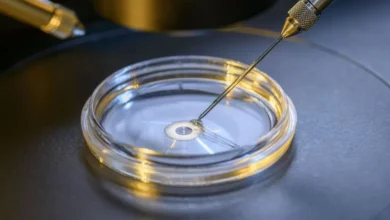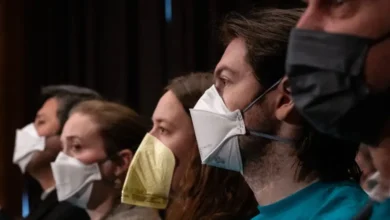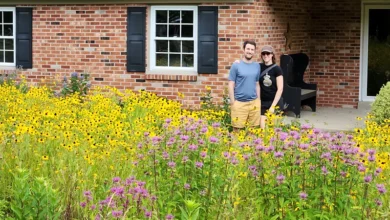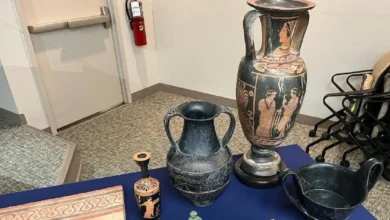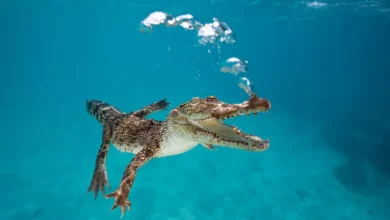England pledges millions to save endangered species
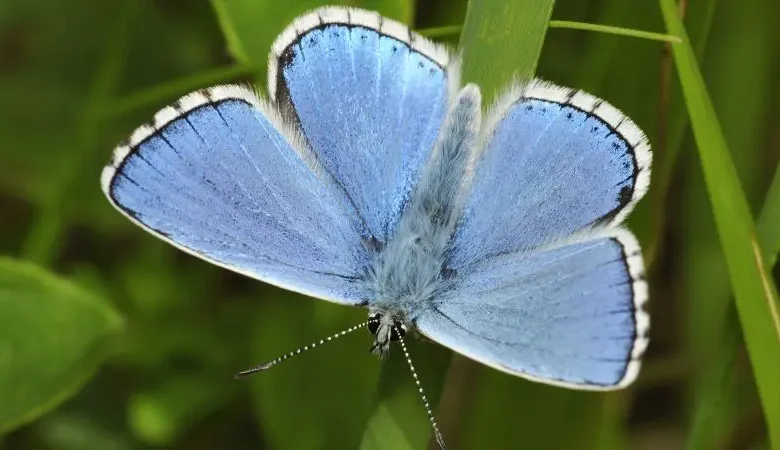
Nature projects across England have been awarded £14.5m (Around $18 million) to help revive some of the country’s most endangered species.
The funding will go towards programmes trying to improve the habitats of a range of species, from water voles in London to crayfish in Yorkshire. One of the projects to benefit is the Wiltshire Chalk Partnership, which is aiming to restore thousands of hectares of flower-rich grasslands.
England pledges millions to save endangered species
The projects are designed to address the fact that 15% of the country’s species are currently at risk of extinction, some of them being the Adonis blue and the Duke of Burgundy butterflies.

Shutterstock
The UK is rated as one of the world’s most nature-depleted countries. In 2018, the government published its 25-year Environment Plan in an effort to address this.
However, a report from the independent Office for Environmental Protection earlier this year found that many of the government’s environmental targets were at significant risk of not being achieved.
The preservation of endangered species globally relies heavily on investing in natural habitats in the UK. One of the species is the White-clawed crayfish, which is endangered worldwide and has experienced a significant reduction of up to 70% in numbers within the UK.
This reduction is attributed to the harmful effects of inadequate freshwater rivers and polluted streams that have negatively impacted their natural habitat. Additionally, the imported North American signal crayfish contribute to the decline of the White-clawed crayfish as they have spread harmful diseases which the species cannot naturally resist.

Shutterstock
The Claws for Thought Project will use the funding to establish a new rearing facility to help support crayfish during their vulnerable early years. The project’s existing breeding programme has a success rate of 60%, far higher than in the wild.
Other species included in the two-year programme include the grey long-eared bat, lapwings and the large marsh grasshopper. Those involved in the projects hope that they will be able to turn around the dire situation facing England’s nature.

